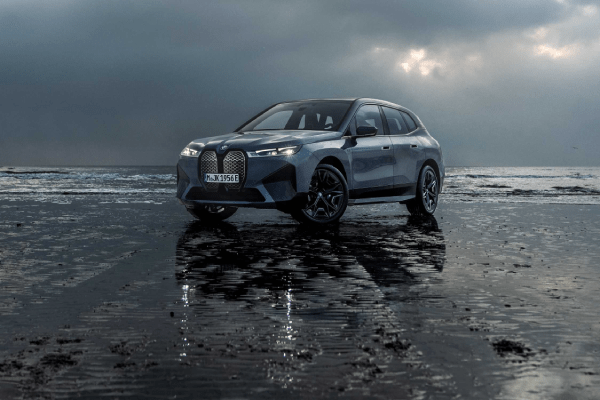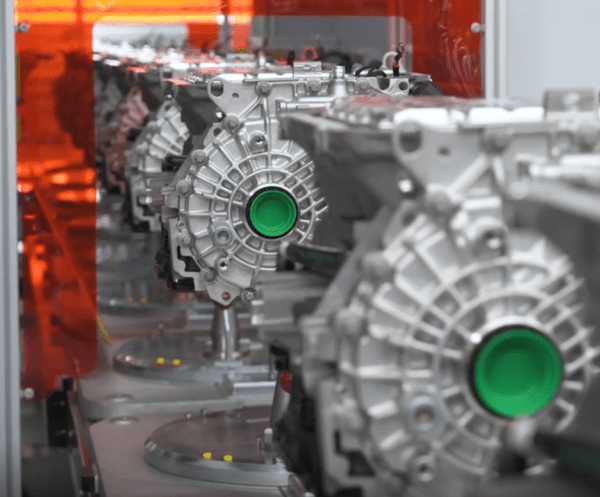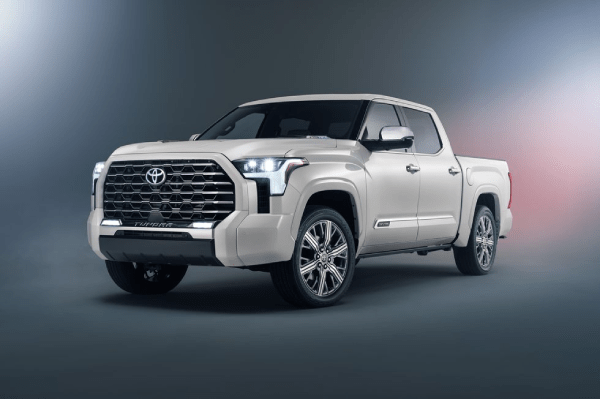The new magnet-free electric motor from BMW is looking to address the biggest problem electric motors have: the use of rare earth metals such as neodymium and dysprosium. Separating earth materials require huge amounts of carcinogenic compounds like ammonia, sulphate, and hydrochloric acid.
The new BMW’s electric motor which will debut on the iX M60, managed to achieve improved efficiency without using any rare earth minerals.

As announced by BMW, the rear and front motors will have a total output of 532 HP and 749 lb-ft of torque. The rear motor produces 483 HP, while the front electric motor will produce less, 255 HP. BMW announced that there will be a Sport Boost mode where the car will have access to a total output of 610 HP.
This new generation of electric motor developed by BMW will operate as a three-phase AC synchronous motor, utilizing brushes and a commutator that will power its rotor windings. Tesla and other electric vehicles manufacturers avoid using this technology, as having brushes and commutators will generally shorten the lifespan of the motor.

As a result of the dust produced by brushes and commutators, these components will wear down, having to be replaced. BMW declared that they came up with a way to protect the components, by placing them in an enclosed and sealed compartment. This way ensures that there will be no dust contamination inside the stator/rotor wiring.
BMW is looking to become the leading EV brand turning away from rare earth metals. Those metals become harder to source in an ethical way, and with China controlling the majority supply, it’s becoming clear that the future of electric motors is magnet-free.
My name is Jeffrey Williams and I have been a car mechanic for over 35 years. I am currently working NYC Auto Repair Shop, in New York City and recently developed a strong passion about blogging. I decided to put together this blog where I will try and answer the most commonly asked questions I get on a daily basis from my customers.



